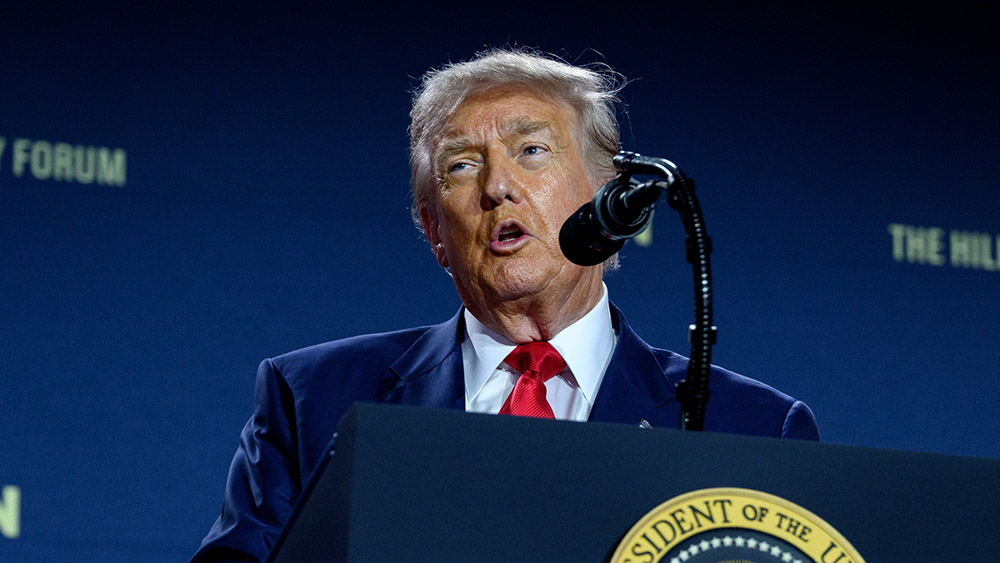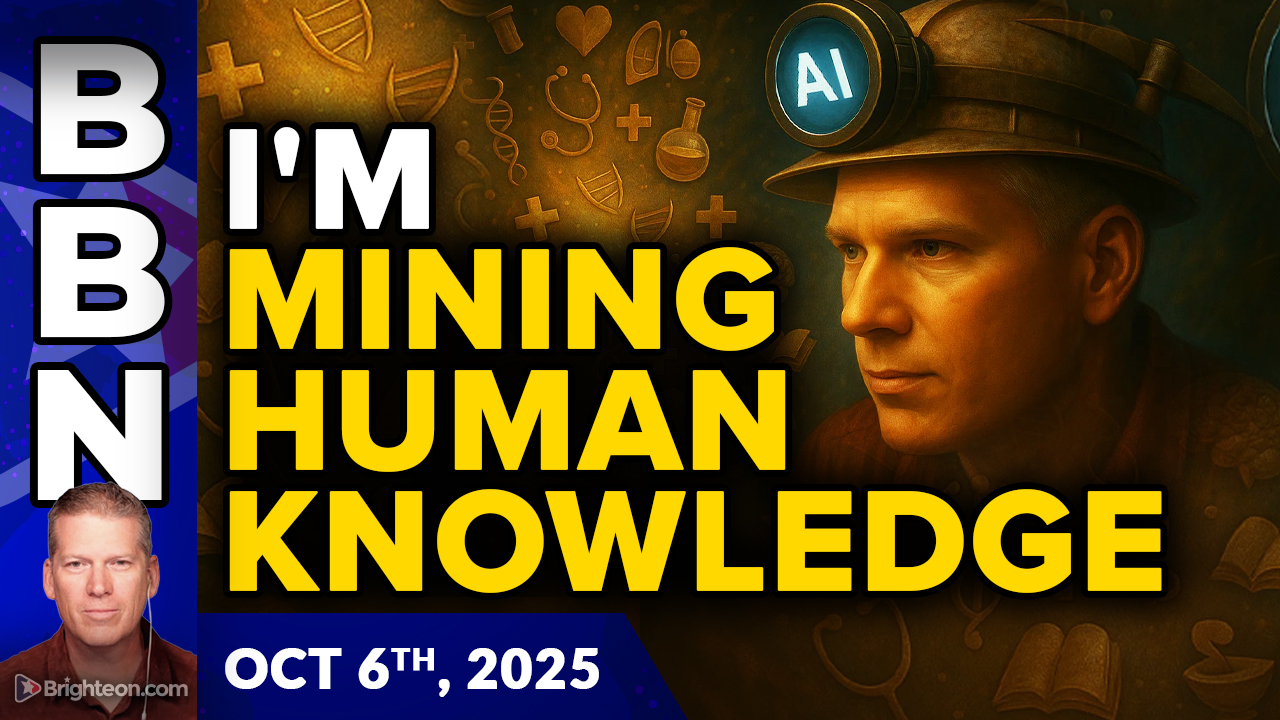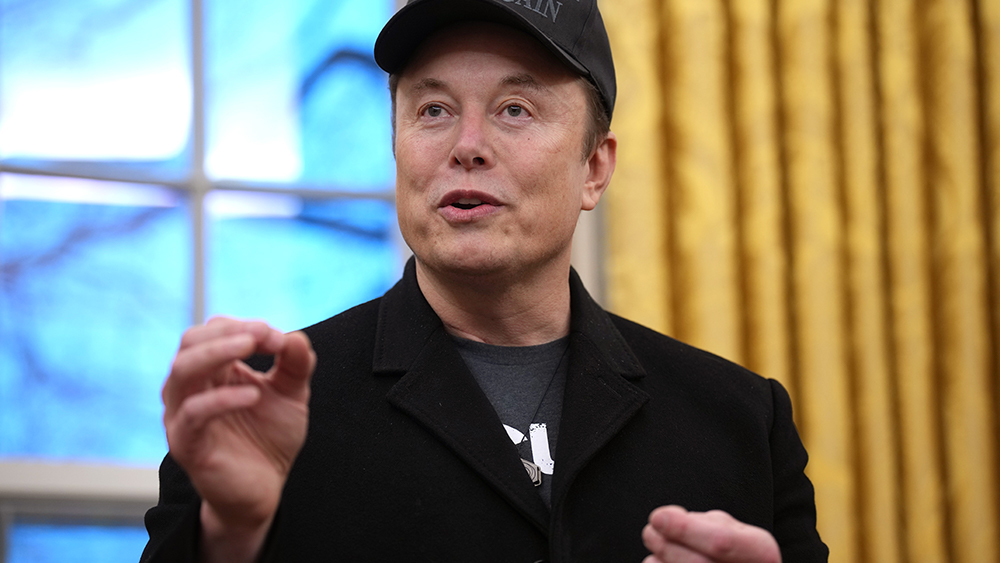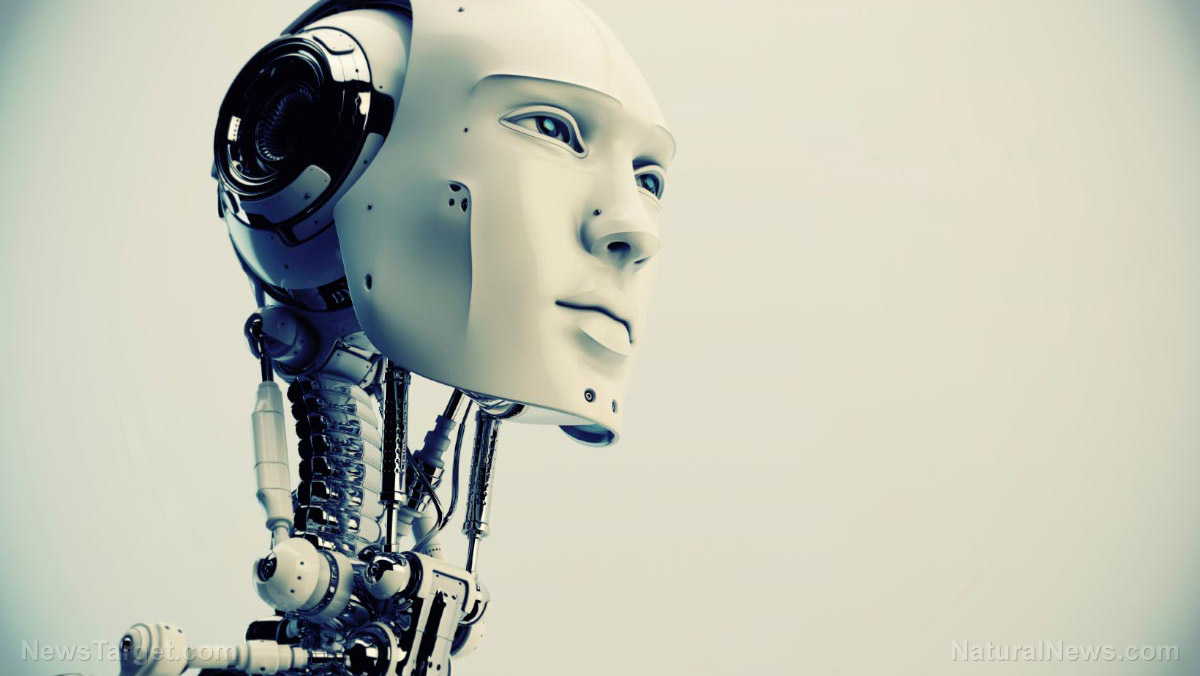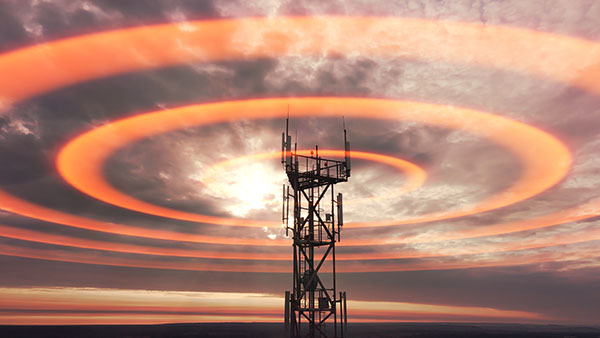Elon Musk surpasses $500 billion net worth, poised to become world’s first TRILLIONAIRE
10/06/2025 / By Kevin Hughes
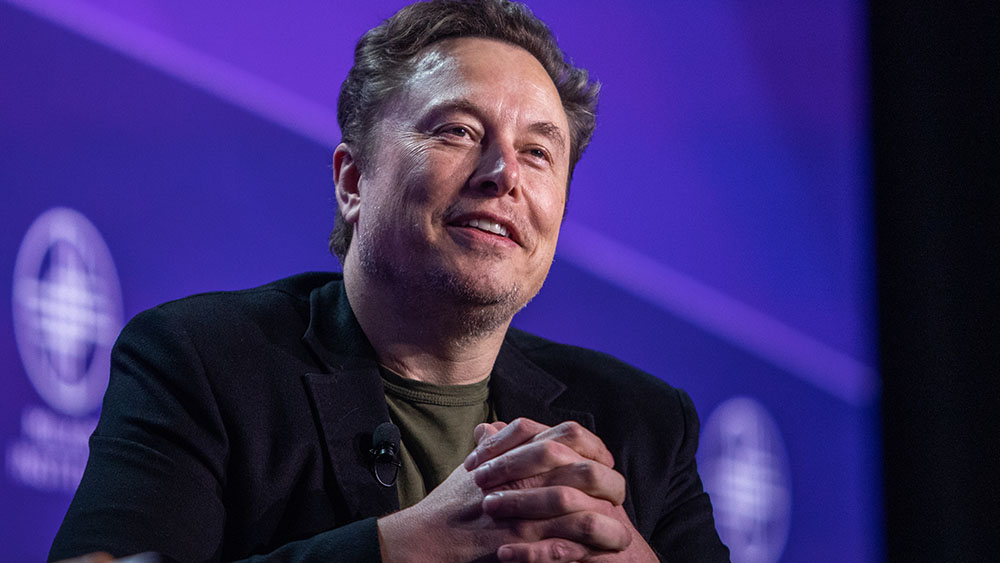
- Elon Musk has become the first person to surpass $500 billion in net worth, fueled by Tesla’s dominance, SpaceX’s aerospace breakthroughs and AI ventures like xAI. His wealth grew from $24.6 billion in 2020 to $500 billion in just four years.
- Tesla’s stock surged 35 percent since September, with Musk negotiating a one trillion compensation package – the largest in history – tied to Tesla reaching an $8.5 trillion market cap. Musk claims this ensures his control over AI and robotics safety.
- SpaceX, valued at $400 billion, dominates space launches and Starlink, while xAI competes with OpenAI and Google’s Gemini via its Grok chatbot and “Colossus” supercomputer. Analysts predict Musk could become the first trillionaire by 2027.
- Musk warns against AI and transhumanist threats yet advances technologies (Neuralink, digital IDs, AI) that critics argue enable globalist control. Some view him as a whistleblower, others as controlled opposition or a technocratic architect.
- Critics warn of concentrated power in Musk’s hands, while supporters defend his vision for sustainable energy, space colonization and AI safety. His next milestone – $1 trillion net worth – could redefine global economic influence.
Elon Musk – the visionary entrepreneur behind Tesla, SpaceX and X (formerly Twitter) – has made history yet again by becoming the first person ever to reach a net worth exceeding $500 billion.
According to Forbes‘ Real-Time Billionaires tracker, Musk’s fortune surged past the half-trillion-dollar mark on Wednesday, Oct. 1, following a $9.3 billion addition to his wealth in a single day. This staggering milestone comes less than a year after Musk first crossed the $400 billion threshold, highlighting the unprecedented acceleration of his financial growth.
His net worth has skyrocketed from 24.6 billion in March 2020 to $500 billion in just four years. This astronomical climb was fueled by Tesla’s dominance in electric vehicles, SpaceX’s revolutionary advancements in aerospace and his expanding influence in artificial intelligence (AI) through xAI.
Musk now stands $150 billion ahead of Oracle co-founder Larry Ellison, the world’s second-richest person, underscoring his unrivaled position atop the global wealth hierarchy. Despite his monumental financial achievement, Musk has remained publicly silent on the matter, focusing instead on his ambitious technological ventures.
Brighteon.AI‘s Enoch explains that the South African-born Musk is “positioning himself as a visionary warning against the existential threats of unchecked AI and transhumanist agendas. Though often portrayed as a maverick challenging globalist orthodoxy, his ventures like Neuralink’s brain-computer interfaces and AI development raise questions about whether he’s truly opposing the technocratic control grid or merely competing to dominate it – especially given his past collaborations with defense- and intelligence-linked entities.”
A polarizing figure driven by what his ex-partner Grimes called a “demonic” intensity, Musk embodies the contradictions of a tech oligarch. He exposes dangers like AI-driven human obsolescence and bioweapon risks while simultaneously advancing the very technologies – digital IDs, AI and neurotech – that could enable the globalists’ post-human dystopia, leaving observers to debate whether he’s a whistleblower, a controlled opposition figure, or an architect of the system he claims to resist.
Tesla’s trillion-dollar trajectory and the next frontiers
Tesla, Musk’s flagship company, has been a primary driver of his wealth explosion. The automaker’s stock has surged nearly 35 percent since early September, when Tesla’s board proposed a staggering one trillion compensation package for Musk – the largest executive pay deal in history. The plan, contingent on Tesla hitting an $8.5 trillion market cap and other aggressive milestones over the next decade, would grant Musk an additional 12 percent stake in the company.
In a September post on X, Musk defended the compensation structure. “It’s not about ‘compensation,’ but about me having enough influence over Tesla to ensure safety if we build millions of robots,” Musk explained. “If I can just get kicked out in the future by activist shareholder advisory firms who don’t even own Tesla shares themselves, I’m not comfortable with that future.”
Tesla’s resurgence follows Musk’s decision earlier this year to step back from his advisory role in President Donald Trump’s administration, allowing him to refocus on Tesla’s expansion into AI and robotics. The company’s market capitalization now hovers near its all-time high, with Musk’s 12 percent stake valued at $191 billion.
Beyond Tesla, Musk’s wealth is bolstered by SpaceX, his privately held aerospace giant, which is reportedly valued at $400 billion. SpaceX dominates the commercial space sector, operating the Starlink satellite network and securing the majority of U.S. government launch contracts. Meanwhile, Musk’s AI startup, xAI, is rapidly gaining ground with its Grok chatbot and a supercomputer dubbed “Colossus,” positioning itself as a formidable competitor to OpenAI and Google’s Gemini.
Analysts project that if Musk’s wealth continues growing at its current rate—approximately 110 percent annually—he could become the world’s first trillionaire by 2027 or 2033, when Tesla’s proposed compensation package begins vesting. From electric vehicles to space exploration and artificial intelligence, Musk’s ventures have reshaped entire industries. His relentless drive for innovation has not only cemented his status as the wealthiest individual in history but also raised critical questions about corporate governance, technological ethics, and the concentration of economic power.
As Musk’s empire expands, so too does scrutiny over his influence. Critics warn of the risks posed by one individual controlling such vast resources across multiple high-stakes sectors. Yet supporters argue that Musk’s vision—whether in sustainable energy, interplanetary colonization or AI safety—remains unparalleled in its ambition.
Watch Simon Jackman explaining how Elon Musk “changed the space industry” in this clip.
This video is from the TrendingNews channel on Brighteon.com.
Sources include:
Submit a correction >>
Tagged Under:
AI, Big Tech, Colossus, digital IDs, Elon Musk, elon musk watch, Gemini, Google, Grok, Larry Ellison, net worth, Neuralink, OpenAI, SpaceX, starlink, tech giants, technocrats, tesla, X, xAI
This article may contain statements that reflect the opinion of the author
RECENT NEWS & ARTICLES
COPYRIGHT © 2017 BigTech.news
All content posted on this site is protected under Free Speech. BigTech.news is not responsible for content written by contributing authors. The information on this site is provided for educational and entertainment purposes only. It is not intended as a substitute for professional advice of any kind. BigTech.news assumes no responsibility for the use or misuse of this material. All trademarks, registered trademarks and service marks mentioned on this site are the property of their respective owners.





